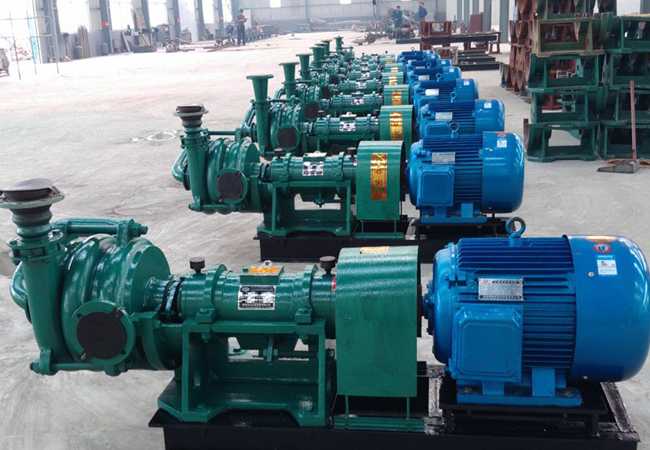English
- Afrikaans
- Albanian
- Amharic
- Arabic
- Armenian
- Azerbaijani
- Basque
- Belarusian
- Bengali
- Bosnian
- Bulgarian
- Catalan
- Cebuano
- Corsican
- Croatian
- Czech
- Danish
- Dutch
- English
- Esperanto
- Estonian
- Finnish
- French
- Frisian
- Galician
- Georgian
- German
- Greek
- Gujarati
- Haitian Creole
- hausa
- hawaiian
- Hebrew
- Hindi
- Miao
- Hungarian
- Icelandic
- igbo
- Indonesian
- irish
- Italian
- Japanese
- Javanese
- Kannada
- kazakh
- Khmer
- Rwandese
- Korean
- Kurdish
- Kyrgyz
- Lao
- Latin
- Latvian
- Lithuanian
- Luxembourgish
- Macedonian
- Malgashi
- Malay
- Malayalam
- Maltese
- Maori
- Marathi
- Mongolian
- Myanmar
- Nepali
- Norwegian
- Norwegian
- Occitan
- Pashto
- Persian
- Polish
- Portuguese
- Punjabi
- Romanian
- Russian
- Samoan
- Scottish Gaelic
- Serbian
- Sesotho
- Shona
- Sindhi
- Sinhala
- Slovak
- Slovenian
- Somali
- Spanish
- Sundanese
- Swahili
- Swedish
- Tagalog
- Tajik
- Tamil
- Tatar
- Telugu
- Thai
- Turkish
- Turkmen
- Ukrainian
- Urdu
- Uighur
- Uzbek
- Vietnamese
- Welsh
- Bantu
- Yiddish
- Yoruba
- Zulu
Telephone: +86 13120555503
Email: frank@cypump.com
Nov . 27, 2024 19:22 Back to list
Sewage Water Pump Solutions for Effective Wastewater Management and Disposal
Understanding Sewage Water Pumps A Vital Component in Wastewater Management
Sewage water pumps play a critical role in modern wastewater management systems. These pumps are designed to transport sewage and wastewater from lower elevations to treatment facilities or higher elevations for proper disposal. Understanding the functionalities, types, applications, and maintenance of sewage water pumps is essential for efficient wastewater management in both residential and industrial settings.
Importance of Sewage Water Pumps
Sewage pumps are essential for preventing sewage backup, which can cause significant health hazards and environmental issues. Without proper wastewater management, untreated sewage can contaminate water sources, leading to serious public health concerns. By transporting sewage away from homes and businesses, sewage pumps ensure that wastewater is processed safely and efficiently.
Types of Sewage Pumps
There are several types of sewage water pumps, each suited for different applications. The most common types include
1. Non-Submersible Pumps These pumps are installed above the sewage level and use suction to draw wastewater into the pump. They are typically used in larger municipal systems where sewage levels are consistently high.
2. Submersible Pumps As the name suggests, these pumps are designed to operate submerged in sewage water. They are commonly used in residential applications and provide several advantages, such as ease of installation and operation.
3. Effluent Pumps These pumps are used to transport wastewater that contains solid particles but is not considered raw sewage. They are ideal for applications such as greywater systems and are often more efficient than traditional sewage pumps for these types of waste.
4. Grinder Pumps These pumps are equipped with a grinding mechanism that shreds solid materials in the sewage before pumping it. They are particularly useful in situations where sewage needs to be transported over long distances or to higher elevations.
Applications of Sewage Pumps
Sewage water pumps are used in a variety of settings, including
pump for sewage water

- Residential Systems Many homes require sewage pumps when gravity drainage is not feasible, such as in basements or below the main sewer line. These pumps ensure that wastewater is effectively removed from the premises.
- Municipal Systems Sewage pumps are integral to municipal wastewater treatment plants, where they manage large volumes of sewage. They help convey raw sewage to treatment facilities for processing and ensure that systems are not overwhelmed.
- Industrial Applications Various industries generate wastewater that requires proper management. Sewage pumps are used in manufacturing plants, food processing facilities, and other industries to transport and treat wastewater efficiently.
Maintenance and Troubleshooting
Proper maintenance of sewage water pumps is crucial for ensuring their longevity and efficiency. Regular inspections, cleaning, and testing of the pumps can prevent malfunctions and costly repairs. Key maintenance practices include
- Cleaning Regularly remove debris, sediment, and grease buildup from the pump and its components.
- Lubrication Ensure that all moving parts are adequately lubricated according to manufacturer specifications.
- Inspection Frequently check for leaks, wear and tear, and any unusual noises during operation, as these may indicate a problem.
- Testing Conduct performance tests to ensure pumps operate at optimal levels and to identify any potential issues early.
Conclusion
Sewage water pumps are an indispensable component of effective wastewater management systems. They ensure the safe transport of sewage and wastewater, protecting public health and the environment. By understanding the types, applications, and maintenance of these pumps, homeowners, industries, and municipalities can protect their investments and maintain efficient wastewater disposal operations. As urbanization continues and wastewater management challenges grow, the importance of reliable sewage water pumps will only increase, highlighting the need for ongoing innovation and improvement in this vital sector.
-
ISG Series Vertical Pipeline Pump - Chi Yuan Pumps Co., LTD.|Advanced Hydraulic Design&Energy-Efficient Solutions
NewsJul.30,2025
-
ISG Series Vertical Pipeline Pump - Chi Yuan Pumps Co., LTD.
NewsJul.30,2025
-
ISG Series Vertical Pipeline Pump - Chi Yuan Pumps Co., LTD.|energy-efficient fluid handling&industrial durability
NewsJul.30,2025
-
ISG Series Vertical Pipeline Pump - Chi Yuan Pumps | Advanced Engineering&Industrial Efficiency
NewsJul.30,2025
-
ISG Series Pipeline Pump - Chi Yuan Pumps | High Efficiency, Energy Saving
NewsJul.30,2025
-
ISG Series Vertical Pipeline Pump-Chi Yuan Pumps|High Efficiency&Reliable Performance
NewsJul.29,2025










